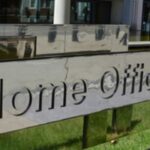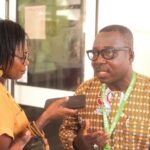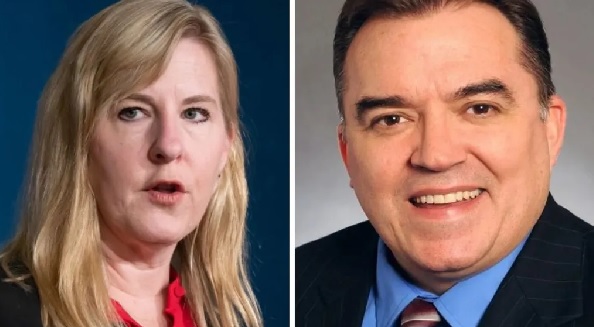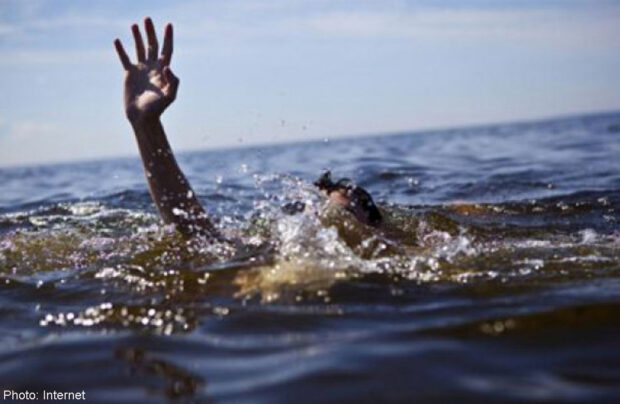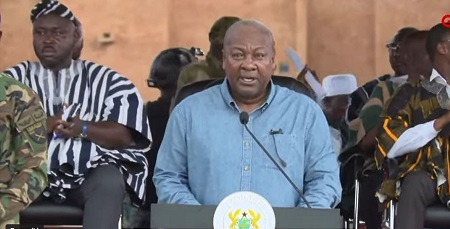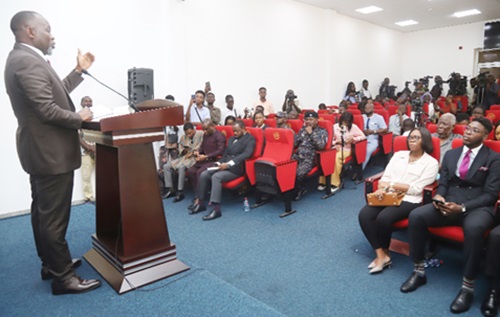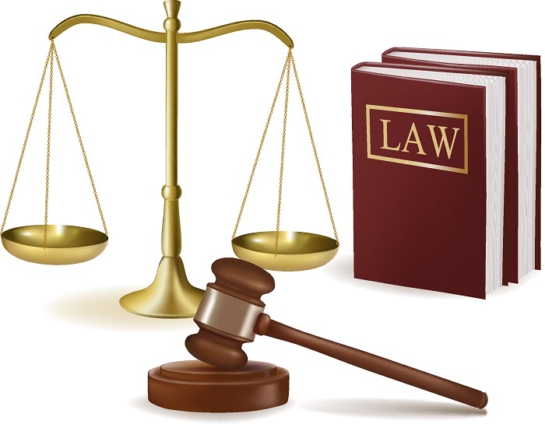
The suspension of the chief justice of the supreme court of Ghana, Her Ladyship Justice Gertrude Torkornoo, and the investigation ordered by Ghana’s president, John Mahama, over allegations of abuse of office is throwing up a big constitutional puzzle and political headache for the west African country. It has provoked deep questions about the balance of power, the independence of the judiciary and the integrity of the country’s democratic leadership.
The President’s Action and Constitutional Grounds
Supporters of President Mahama argue three anonymous petitions of corruption and suspected impropriety justify his decision. However, critics argue President Mahama’s course of action undermines Article 146 of Ghana’s 1992 Constitution. This article explains the procedure to impeach a Chief Justice “on the ground of proven misbehaviour or incapacity” (i.e., for incompetence or for misbehaviour). Here is the constitution, which is a cornerstone of the legal system in Ghana: https://www.constituteproject.org/constitution/Ghana 1996
The President insists that there was a prima facie case and that there was an obligation to investigate. But the lack of information on the specific allegations has left the process itself now in doubt.
Judicial Independence Under Scrutiny
Chief Justice Torkornoo’s suspension has prompted a fierce debate over judicial independence. More than anything, the judiciary as a check on the power of the Executive is fundamental in any democracy. Critics say that no matter the constitutionality of the president’s action, it is reminiscent of trying to bully or thwart the judiciary and could give a dangerous signal. This has given rise to fears in the legal fraternity and in civil society about the permanent injury to the rule of law in Ghana.
Political Polarization: NPP and NDC Responses
The suspension has also heightened a political rift in Ghana. But the main opposition New Patriotic Party (NPP) has criticised the move as a setback for judicial independence, calls it ‘abuse of power’ and has threatened mass demonstrations. The opposition’s mindset is one of deep distrust of the executive’s motives and a desire to protect the judiciary and its role.
In contrast, National Democratic Congress (NDC), President Mahama’s party, has not made an official pronouncement. However, they are of the view that the President acted within his constitutional powers. This difference in perspective underscores the very partisan nature of the case. Everything is being seen through a partisan lens, with both sides deciding the constitution means what they want it to mean.
Parliament’s Role and the Silent Voice
Notably, Ghana’s Parliament has been rather silent in this crisis. The constitution gives Parliament a part to play in the process to remove a Chief Justice. However, its current posturing does little to suggest that this branch of government will serve as a meaningful check on the head of the executive in this case. The relative quiet from this branch of government and the related issues of separation of powers and the legislature’s role during national emergencies are extremely timely.
The Supreme Court’s Authority and the Right to a Fair Hearing
The suspension of Chief Justice Torkornoo, while under investigation, has raised serious concerns of her rights and that of the Supreme Court. Though, the constitution makes provision for the removal of a Chief Justice under certain conditions, it also guarantees due process and fair hearing. The ongoing probe needs to be conducted at the utmost level of legal procedure for it to remain valid and to keep the public confidence in the courts intact. The Supreme Court, even with its head in a sling,, remains a strong institution, and its ability to operate fairly during this difficult time is crucial. Chief Justice Torkornoo did not immediately make any public statement regarding the matter.
Impact on the Average Ghanaian: Eroding Trust?
The average Ghanaian knows that this is not just another crisis. It raises questions about the health of the country’s democratic institutions and rule of law. For the sake of citizens’ rights, justice, and the abuse of Executive power, there should be an impartial judiciary. From this perspective, any real or perceived “hollowing out” of the judiciary might diminish people’s trust in the system and generate a backlash of cynicism about democracy.
Looking Ahead: A Nation at a Crossroads
The republic of Ghana stands at a crossroads. The outcome of the investigation of Chief Justice Torkornoo will be more than a question of her fate; it will shape the future of the country’s democracy. The way in which this crisis is handled will have implications on a number of issues: the rule of law; institutional strength; national unity; regional leadership.
The Rule of Law: On the one hand, How politically exposed persons in electoral office handle this case can contribute to enhancing or undermining the rule of law in Ghana. We need to follow due process in a way that is transparent and independent.
Institutional Strength: The crisis is a test also of the strength of Ghana’s democratic institutions. The agencies that run the country should not succumb to the political pressure and act as neutrals.
National Unity: This suspension has gotten a politically charged response, meaning that this could become a lightning rod, national phenomenon. It is important to exercise caution from all sides and to put the interest of national unity above all.
Regional Leadership: Ghana is widely regarded as the model of democracy in West Africa, and based on the resolution of that crisis, it is possible that the country will or will not continue to be a leader in the region.
Future of Governance: And perhaps: the suspension might lead to calls for a new constitution or a new balance of power between the executive and judicial branches. It’s an opening for Ghana to deepen its democracy, and to strengthen accountability. The way forward requires a commitment to dialogue, enforcing the constitutional rule of law and reinforcing the institutions of Ghana’s democracy. Choices made now will help shape the destiny of the country for many generations to come.
Balancing Perspectives on the Suspension
To further maintain balance, it is important to acknowledge that this situation is very complex, and there are conflicting interpretations of both law and events. Although concerns for judicial independence are valid, it is also important to recognize the constitutional mechanisms in place for addressing allegations of misconduct against high-ranking officials.
The ongoing probe is controversial, but it complies with a legal process outlined in the constitution of Ghana. You can find the full text of the 1992 Constitution of Ghana, which details these procedures, here:
https://www.constituteproject.org/constitution/Ghana_1996
It’s also important to mention that accusations of misbehavior, no matter what the denomination, can shake public trust in institutions.
The conduct of the investigation and its conclusion will be critical to rebuilding or further eroding trust in government. What is more important is to keep up the rule of law and to ensure that all sides are treated fairly and transparently. Then, sensitivities aside, just accept that the legal and political implications could be differently interpreted.

